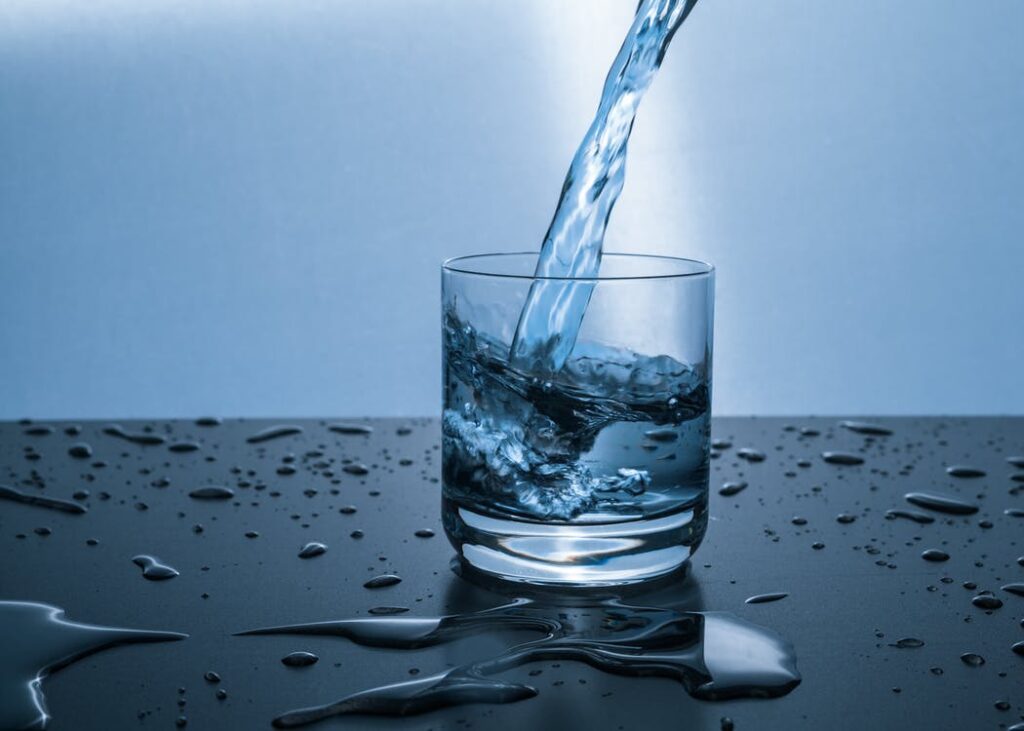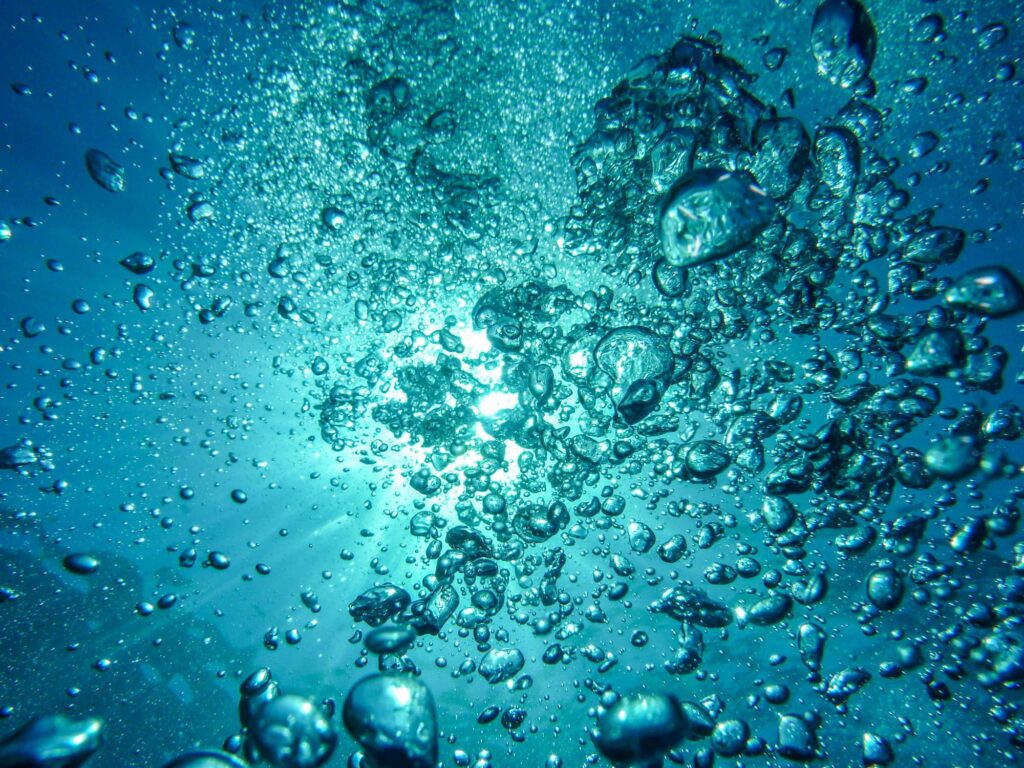4 Things to Have in Mind When Choosing a Water Filter for Your Home
Water quality is one of the most important things in the household and it must be regularly controlled. Believe it or not, the poor quality of tap water is one of the most common causes of some chronic diseases. So getting the water purifier is a great decision.
There is a whole variety of products available on the market and this might present a problem to you since you might get confused about which one to have. So here are the four things you should know when choosing a water filter for your home.

Water Quality Check
The first step in getting your water filter is to check the actual water quality and therefore decide which one is the most appropriate for the current water quality. Your water should be tested for hardness, salinity, and total dissolved solids (TDS).
According to the safety standards, if the level of total dissolved solids is under 500 ppm, it is safe for consumption, on the other hand, if the TDS level is over 1000 ppm, it is hazardous and unhealthy.
By identifying the source of your tap water, you have the best lead for getting the proper water filter. There are different TDS ranges depending on the source of the water.
Therefore, for your local, municipal water supply, the TDS average is about 200 ppm; groundwater TDS falls into the 200-500ppm range; borewell water TDS is usually over 500 ppm. TDS usually increases in its values due to extreme weather conditions and that is the period when the water gets over-mineralized with pH off-balance.
Technology
Purification technology mainly depends on the source and quality of the water. There is a whole variety of devices you can find on the market that will do the job of water purification. You must have been asking yourself what are the particles that should be purified? These devices will reduce manganese, heavy metals, eliminate pesticides and chemicals absorbed from the ground, and so much more.
The best purification technology that can be used for water cleansing is reversed osmosis. RO works the best for the high TDS and has the ability to filter heavy metals, pesticides, chemicals, tiny particles, and minerals that cannot go through a selectively permeable membrane.
If you are dealing with TDS of less than 200 ppm, then you should consider getting UV filtration technology – it can remove all impurities but retain all the key minerals in the water. If the TDS levels are over 500 ppm, then it is recommendable to use a combination of RO and UV devices.
Storage
Storage is one of the most important aspects. You need to analyze your family’s everyday water consumption and therefore determine which purificator is the most suitable for your daily needs.
If you have a big family and live in a place where the electricity fluctuations are frequent, filters with a great capacity will work more than well. For families of two or four members, filters from five to eight liters will work just fine.
Secondly, if your family has six members, eight to ten liters filters are the best solution. If your family has more than six members, then the 1- liter capacity will be the most suitable one.
Maintenance
Every water filter demands service after the regular intervals. It is common sense that filters undergo maintenance services, so you need to always have these costs in mind.
Most of the water filters come with an Annual Maintenance Cost, and the service of the filter depends on the levels of its consumption or usage. This is why you need to bear in mind the features and functionality of the filter during the selection.
Under typical usage patterns, we often overuse the filter without even realizing it, and eventually, we end up drinking dirty water. This is why regular cleaning and maintenance are essential and filters need to be changed before they expire (pro tip: look for filters that can warn you 15 days before they expire). These devices even have an option to shut down the water if the filter is not changed within time limits and despite all warnings.

Purified water is our new normal since it is more than obvious that today’s society produces rampant pollution that invariably ends up polluting the water supply. In some cities, tap water cannot be used for drinking under any circumstances.
But, if you are acquainted with the most important information like source and water quality, you can get yourself a water purifier that will give you enough drinking water that is safe for your family and your personal.